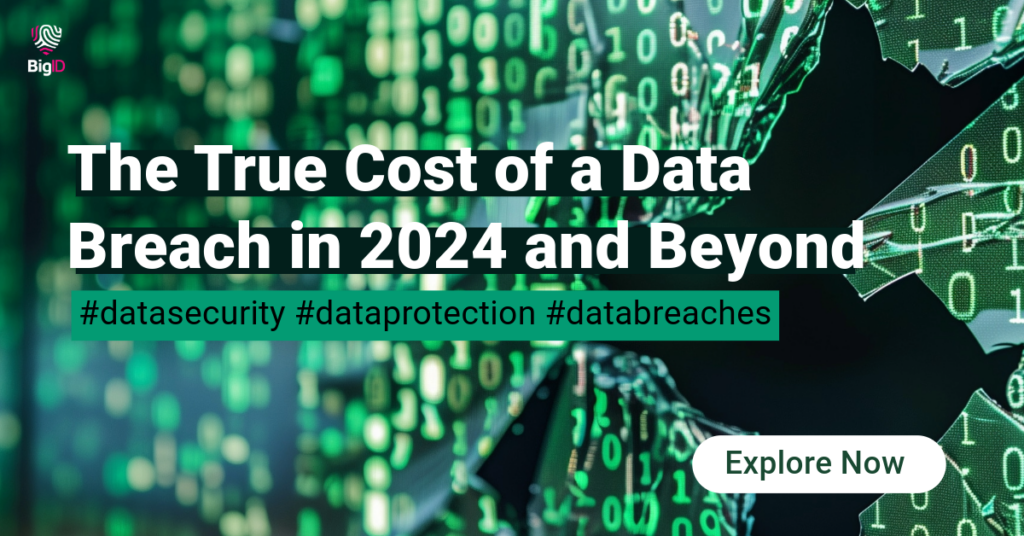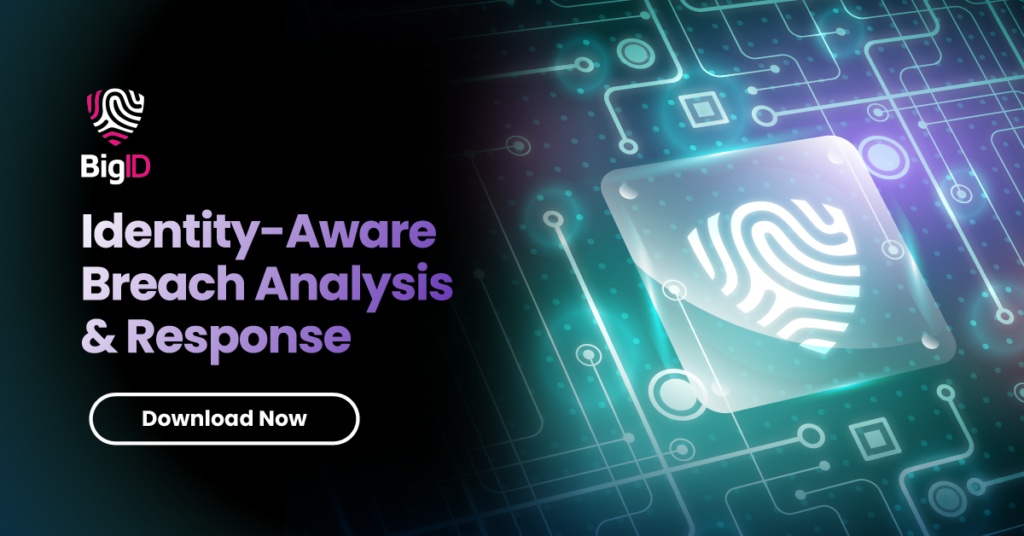Data has become one of the most valuable assets in the digital economy—often compared to oil in its ability to fuel innovation, drive business growth, and create competitive advantages. But just as oil spills cause catastrophic environmental and financial damage, data breaches are wreaking havoc on organizations worldwide, leading to soaring costs, reputational harm, and regulatory scrutiny. In 2024, the financial toll of breaches reached an all-time high, a true testament to the urgent need for strong security measures.
The Rising Cost of Data Breaches
The financial impact of data breaches continues to climb, with 2024 marking the highest recorded costs:
- The global average cost of a data breach reached $4.88 million, a 10% increase over last year.
- The average cost per stolen record rose to $169, up from $165 in 2023.
- Organizations without AI-driven security automation spent $2.22 million more per breach than those leveraging advanced security measures.
- The U.S. remains the most expensive country for breaches, with an average cost of $5.09 million.
- The average cost of recovery from cyber incidents soared to $2.73 million, nearly $1 million more than in 2023.
These staggering numbers highlight the growing financial risk businesses face as threat actors exploit vulnerabilities and regulatory fines increase.
Why Traditional Security Measures Aren’t Enough
Despite heavy investments in cybersecurity tools, many organizations struggle with blind spots in their data security strategies.
Common challenges include:
- Shadow Data & Dark Data: Many organizations accumulate vast amounts of unclassified and unprotected data across cloud and on-prem environments. Without visibility into this “shadow data,” companies remain vulnerable to breaches and compliance violations.
- Regulatory Compliance Pressure: With stringent regulations like GDPR, CCPA, and SEC incident disclosure requirements, businesses must ensure they can swiftly identify and protect regulated data. Traditional security measures often lack the granularity needed to ensure compliance at scale.
- Slow Incident Response: Cyber threats evolve rapidly, yet many security teams rely on manual processes for threat detection and breach mitigation. These time-consuming approaches delay response efforts, allowing attackers to exploit vulnerabilities and causing greater financial and reputational damage.
- Unstructured and Sensitive Data Risk: Sensitive data is often scattered across multiple repositories in unstructured formats like emails, documents, and cloud storage. Traditional tools struggle to track and secure this data effectively, increasing the likelihood of unauthorized exposure.
Avoid the Next Data Spill with BigID
The cost of data breaches is only rising, making proactive security strategies essential for organizations that want to safeguard their sensitive data and avoid regulatory penalties. Just as the world has learned to manage oil spills through rigorous safety protocols, businesses must adopt modern data security frameworks to prevent and mitigate breaches effectively.
With the first and only DSPM platform BigID, organizations can reduce data risk, improve breach response, and take control of their data security posture—before the next spill happens. Our data-centric, risk-aware approach to data privacy, security, compliance, and AI data management helps security leaders improve their security posture and proactively mitigate risks before breaches occur.
With BigID organizations get:
- Automated Data Discovery & Classification: Uncover shadow and dark data to eliminate blind spots.
- Threat Detection & Incident Response: Reduce breach detection and response times with AI-powered automation.
- Regulatory Compliance Assurance: Streamline compliance with GDPR, CCPA, and SEC disclosure regulations.
- Attack Surface Reduction: Minimize exposure by understanding what data is at risk and enforcing native security controls.
- Breach Impact Analysis & Reporting: Identify affected individuals and generate regulator-ready reports to minimize financial and legal fallout.
Without resource-intensive manual security roadblocks, organizations can take a proactive, defense-in-depth approach to data protection with BigID. This means improved accuracy, faster risk mitigation, and a proven defense against emerging threats.
Don’t wait for a breach to take action— to see how BigID can strengthen your organization’s data security, book a 1:1 demo with our experts today.



